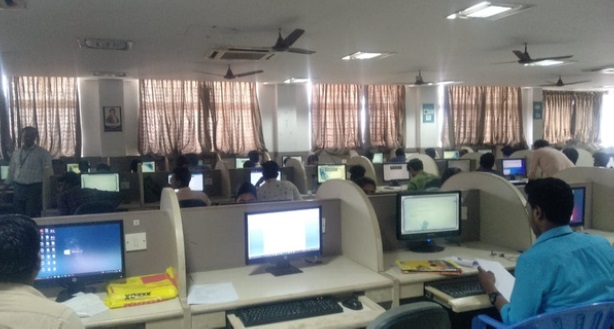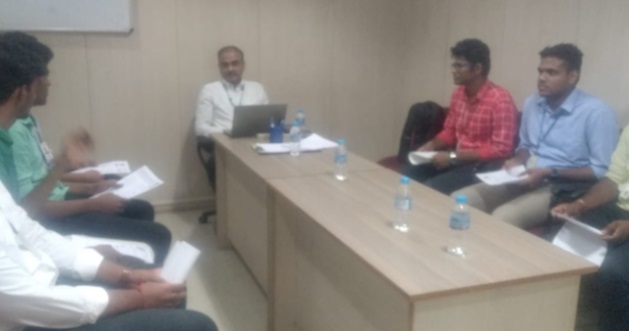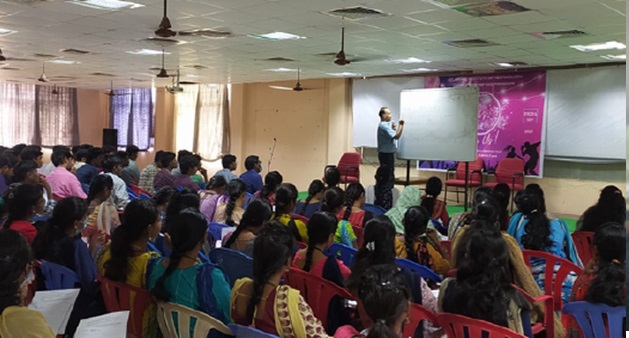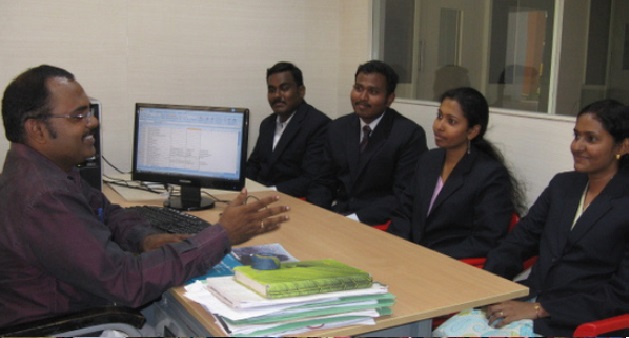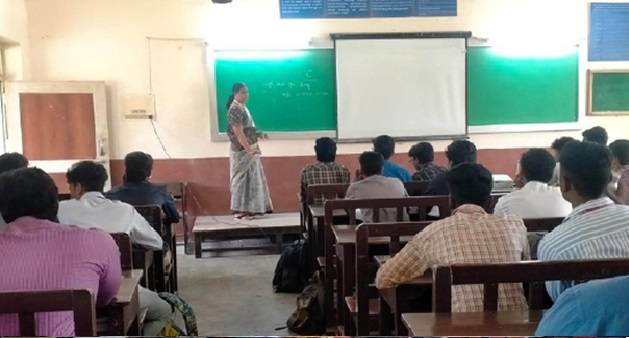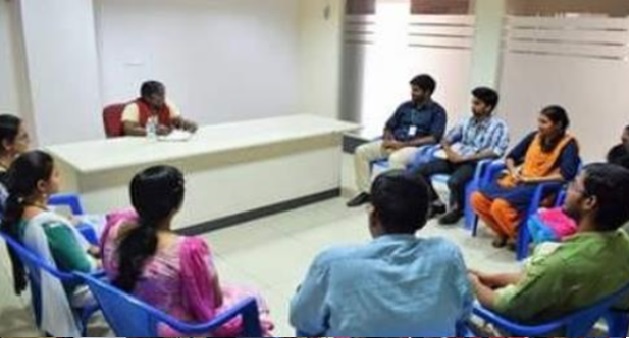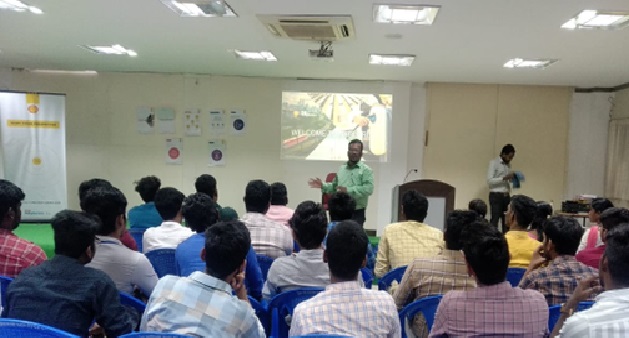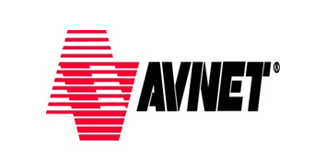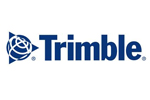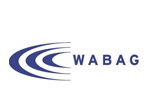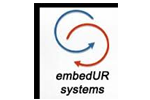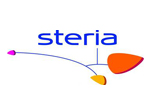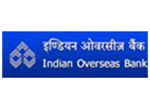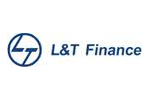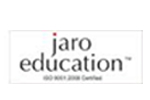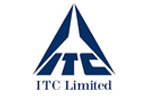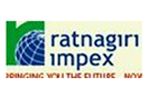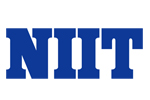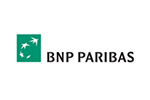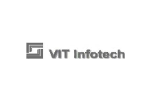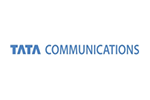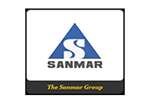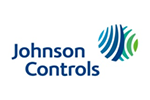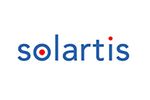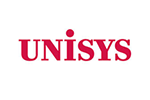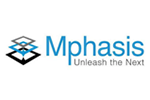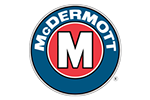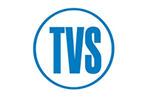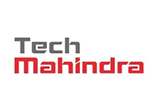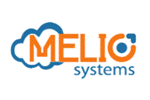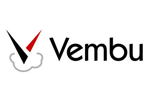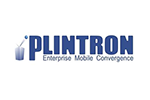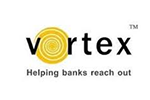VITech-GURU
Title of the Practice
VITech-GURU
Objectives of the Practice
To improve academic performance of the students through personal counselling.
The Context
Students face numerous challenges in academic environment, especially when transitioning to professional college life. This period often induces significant anxiety, particularly for hostel students who are away from their families for the first time. The absence of familial support can heighten feelings of loneliness and anxiety, making adaptation difficult. Additionally, students from educationally disadvantaged backgrounds may experience inferiority and hesitation in the classroom, struggling with confidence and underperforming due to their inhibitions. A viable solution to these issues is a mentoring system. Mentors can provide crucial support and guidance, fostering trusting relationships that alleviate distress and anxiety. This support is essential for hostel students and those lacking confidence. Mentors also enhance academic performance by offering personalized attention and helping students from weaker backgrounds catch up with their peers. Moreover, mentors assist in developing clarity in thinking and decision-making, vital for academic and personal growth.
The Practice
- Each teacher is assigned around 20-25 students for the complete duration of their study.
- They meet after internal assessment to discuss, clarify and share various problems which may be personal or academic, etc.
- The mentors encourage the students to participate in co-curricular and extracurricular activities and sports.
- Their academic performance and other activities are all recorded.
- The mentors also keep in touch with the parents on their attendance, test performance, fee payment, examinations etc after internal assessment.
- The mentors also counsel the students in need of emotional problems.
- When the students have any problem in any department either with the staff or with work completion the mentors speak with the respective staff and sorts out the problem.
- Mentors take special care of weak students, who are given advice on how to study, prepare a time table for study and clarify the doubts and also given notes to study.
- Students’ problems are discussed with the departmental heads, other faculties and necessary action taken to solve it.
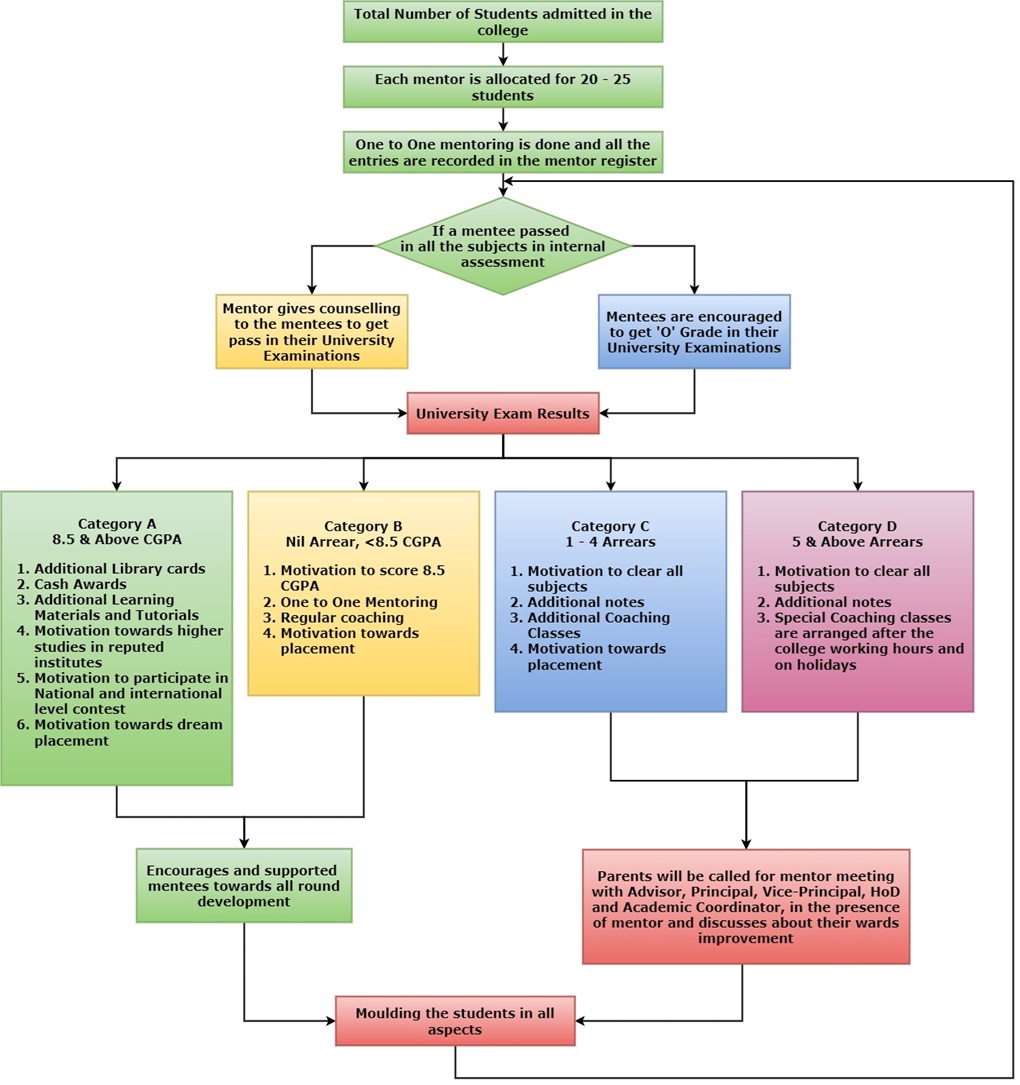
Evidence of Success
Evidence of success of the practice includes university ranks, better results in the examinations, improved attendance, less drop outs, increased participation in co-curricular and extracurricular activities, better discipline on campus and respectful relationship between teachers and students. The students are more relaxed and have a healthy relationship with the staffs.
Problems Encountered and Resources Required
The Mentorship Program incorporates a diligent and informed approach, taking student participation to the next level making learning environment more competitive and interesting. The program has been modified over time. There were some problems in the initial phase as follows
- Time table adjustments. Lack of time
- Time slots for individual counselling
- No / less control over the background and support from home for such initiatives as the students are doing Post graduation.
- The students’ mindset is already set and hence needs more time to change.
- Adjustment of time with external experts
Resource required:
- Counsellor
- Mentoring rooms
- Expert faculty from industry
- Trainers for add on courses
Focused Training for Employability
Title of the Practice
Focused Training for Employability
Objective of the Practice
In an attempt to create industry readiness as well as to enrich the employability of its graduates, we have actively involved in the design and implementation of skill development programs across different engineering streams with an objective to expose students to industry culture and practices and also inculcate in students a flair for problem definition and build problem-solving capability by providing hands-on training in modern tools and techniques
The Context
Despite best efforts at developing a curriculum for bring out professional engineers, a targeted and well-established approach towards bridging the gap between the talent pool and the demands of core engineering sectors still needs to be clearly defined. Attempts are being made in pockets to understand the industry need and address the same through add-on programs at the undergraduate level. However, the effectiveness of such programs critically depends upon thorough understanding the industry’s needs and skill requirements and developing programs, in collaboration with the concerned industry sectors, in order to fill the gap.
The Practice
Administering training program requires careful consideration of the engineering curriculum already being delivered, the gaps in the curriculum that need to be plugged to make the student industry-ready and the ability of the administering department to effectively bridge this gap.
- Review the academic curriculum and identify gaps in the content.
- Define industry sector requirements and identify potential skill development/training programs to augment student capability.
- Prepare a clear mapping of the curricular gaps with the proposed skill development program.
- Identify available infrastructure with the department and propose additional facilities (if any) required.
- Identify faculty competency available in the department (if any) in the proposed area and/or propose faculty skill enhancement plan.
- Anticipated intake, proposed course fee and viability of the programme.
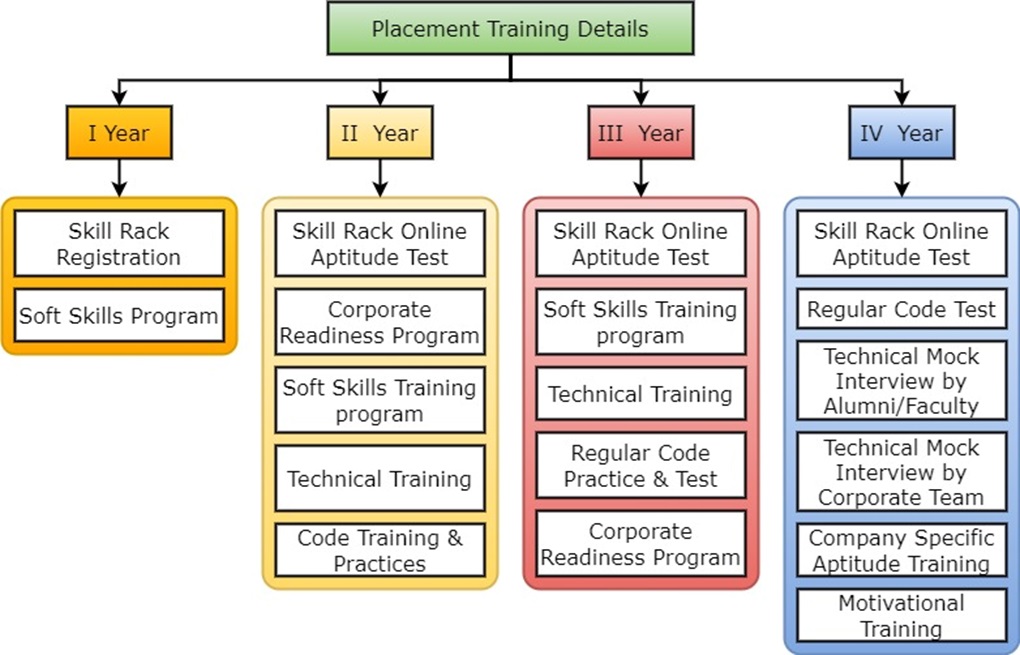
Evidence of Success
The college has started various training programs some of which are given below:
- Soft skills training for all first-year students.
- Corporate readiness program, soft skills training, aptitude training, technical training (Department specific), code training practice for all second-year students.
- Corporate readiness program, soft skills training, aptitude training, technical training (Department specific), code training practice for all third-year students.
- Regular code test, motivational training, company specific aptitude training, corporate readiness training for all final-year students
The college’s placement record evidenced that 95% of the students are placed in well reputed companies with good package. Many students bagged bunch of offers in their career.
Problems Encountered and Resources Required
When practically applied, gaps exist between the proposed methodology and its implementation, primarily due to time constraints imposed by the affiliating university’s academic schedule. With our tight timeline, the procurement/implementation of auxiliary arrangements to meet industrial demands must be meticulously planned and properly administered. To address this, we anticipate requirements to ensure resources are well-maintained and effectively managed, enhancing skill development and meeting industry needs. By proactively planning and anticipating resource needs, we strive to bridge the gap between theory and practice, ensuring our methodology is effectively implemented within the given time constraints.


